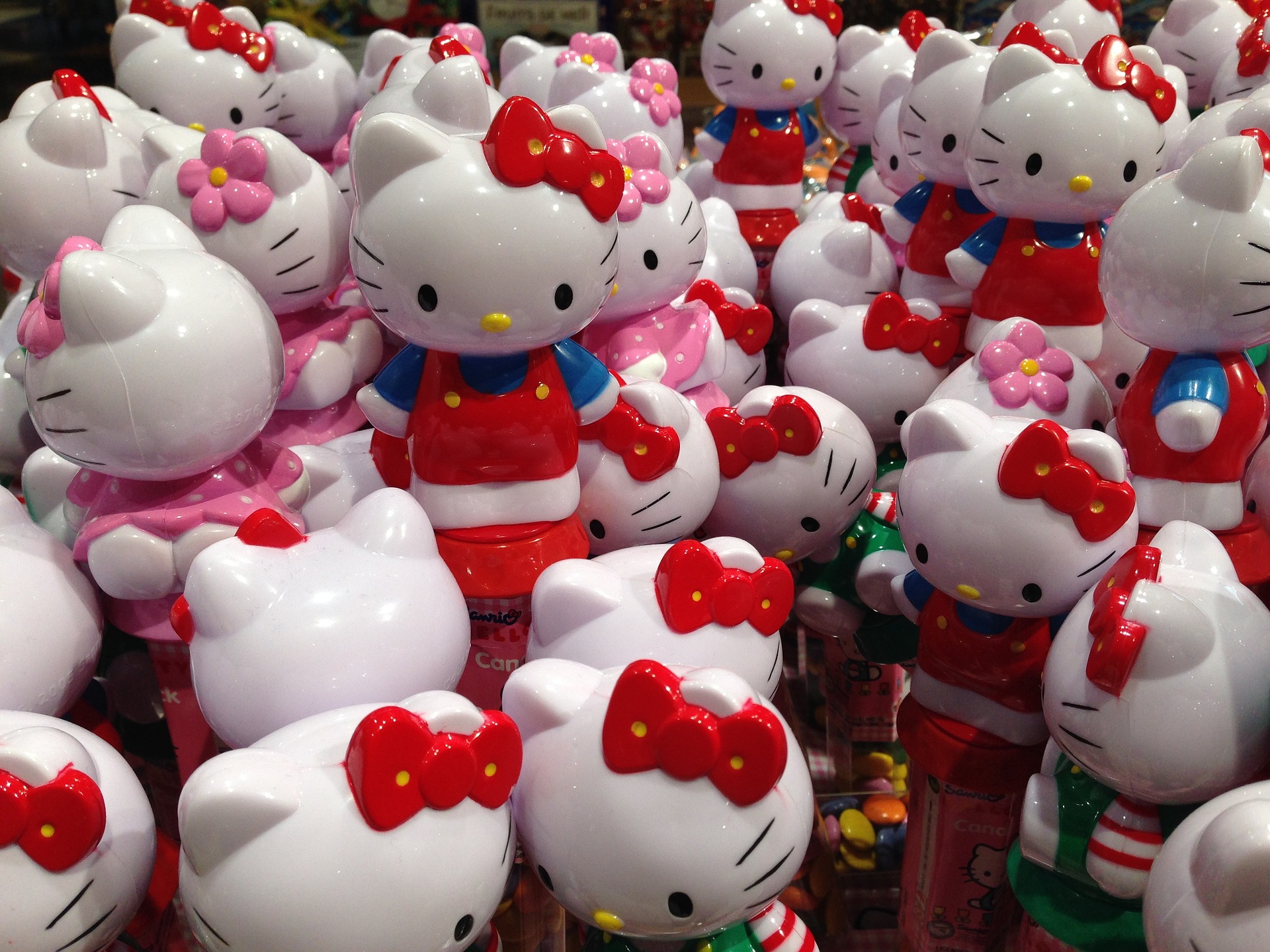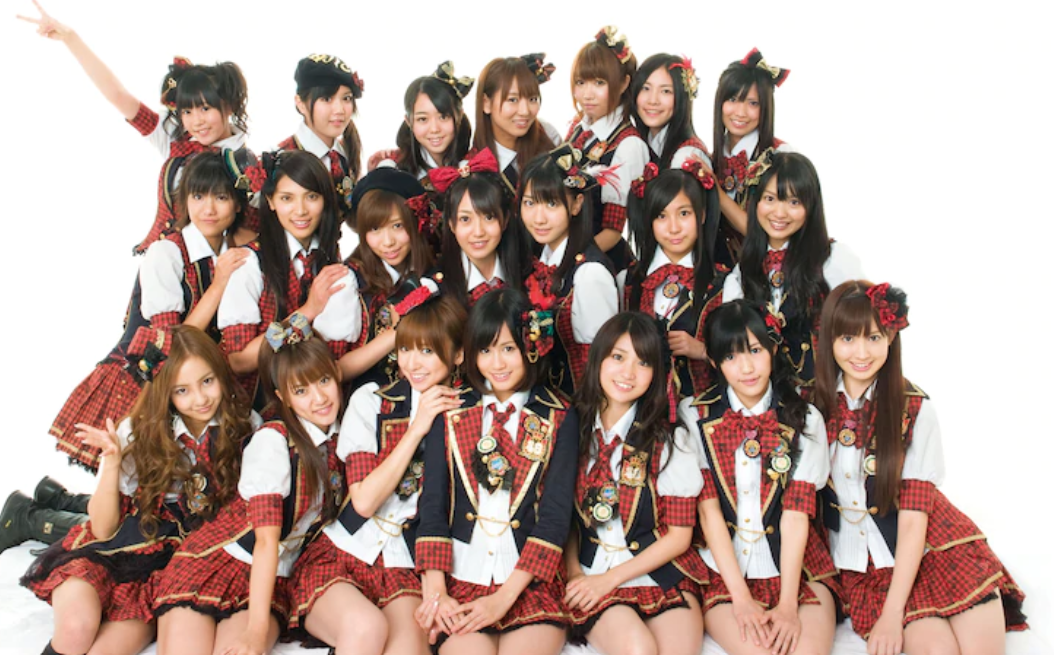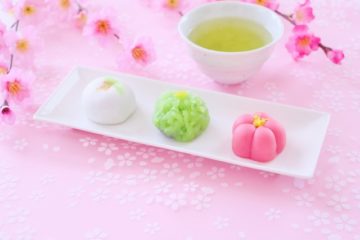Table of Contents
Meaning of Kawaii
Recently most people know this Japanese word “kawaii”.
This is a very familiar word in Japanese society, and most Japanese girls, including me, are obsessed with kawaii, I can say.
Kawaii fashion, kawaii goods, kawaii foods, the word kawaii makes girls delighted.
The main meaning of ”kawaii” is cute, which is totally opposite to the original meaning, pity.
In Japanese beauty, fragile and small things tend to be considered beautiful such as seasons, lives, loves, babies, etc.
The attachment to vulnerable things may have led to feeling “kawaii”.
Let me explain about this topic later, and now see the examples of Japanese kawaii characters.
Kawaii Japanese Characters
The most famous Japanese character Hello Kitty is a pioneer of kawaii culture.
Sanrio released Hello Kitty’s goods in 1974 and became popular not only in Japan but also in the world.
Many other characters’ goods from Sanrio are also selling well to young women in Japan and oversea.

Another famous Japanese character would be Pikachu, from Pokemon.
Not only game series, but also characters themselves are popular everywhere.
All kids in Japan recognize a yellow rat with pointed ears is Pikachu, which is the main character of Pokemon.

These kawaii characters share the same features such as big eyes (especially pupil), round face, no waist in their body.
These features are exactly the same description as babies.
Cute characters must remind people of attachment to adorable babies.
Symbol of Kawaii, Japanese Pop Stars
Then how about kawaii examples of humans?
Let’s take a look at another huge kawaii industry, Japanese pop stars, in another word, Japanese idols.
First of all, what is a Japanese idol?

AKB48
Idols are young entertainers trained to sing, dance, act, model, pretty much anything about entertainment in Japan. There are both male and female idols but here I would like to focus on female idols.
The biggest difference between pop stars in other countries and Japanese idols is enthusiastic fans.
Idols are role models for young people, and they reflect ideal images of young Japanese girls.
Female Japanese idols have images of pure innocent and dedicated characters.
Usually, Japanese idols are not supposed to have a romantic relationship due to keep an image of innocence.
Interaction with their fans is an important work as well. They never miss autograph sessions, 1 to 1 session, fan club session etc…
Thus, they are ideal images of a girlfriend for boys.
Why do those pure idols have a strong influence on Japanese society?
Behind of Kawaii Culture in Japan
In the Heian era, which is the time “kawaii” started to be used, there were 3 steps in how men approach women; a man gazes a woman from a distance. If the man is interested in the woman, he sends a poem to her. Then if they like each other, he visits her place and marries her in the third time of his visit.

“Kaimami”-men are looking at women from distance
As I mentioned before, the word “kawaii” comes from the meaning “pity”
It is said that men regarded women who are vulnerable and adorable as kawaii.
Therefore, the word “kawaii” which is used by women most of the time these days are men’s perspective originally.
The image of kawaii in characters and idols are influenced by this original meaning of kawaii.
Today’s Kawaii Culture
Today, images of kawaii are evolved in various ways.
Lolita-fashion such as big ribbons, lace, fluffy pastel color clothes is kawaii.
Casual fashion such as denim, t-shirt, sneakers is kawaii.
Feminine fashion such as a blouse with skirts and high heels is also kawaii.
What they consider as “kawaii” is kawaii.
Kawaii was used to be defined by social expectations.
These days, people themselves define what is kawaii.
When you come to Japan, you will see the variety of “kawaii” fashion people wear and unique “kawaii” character
If you are interested in Japanese culture, feel free to read the article below:

A Symbol of Japanese Culture Kimono and History



0 Comments